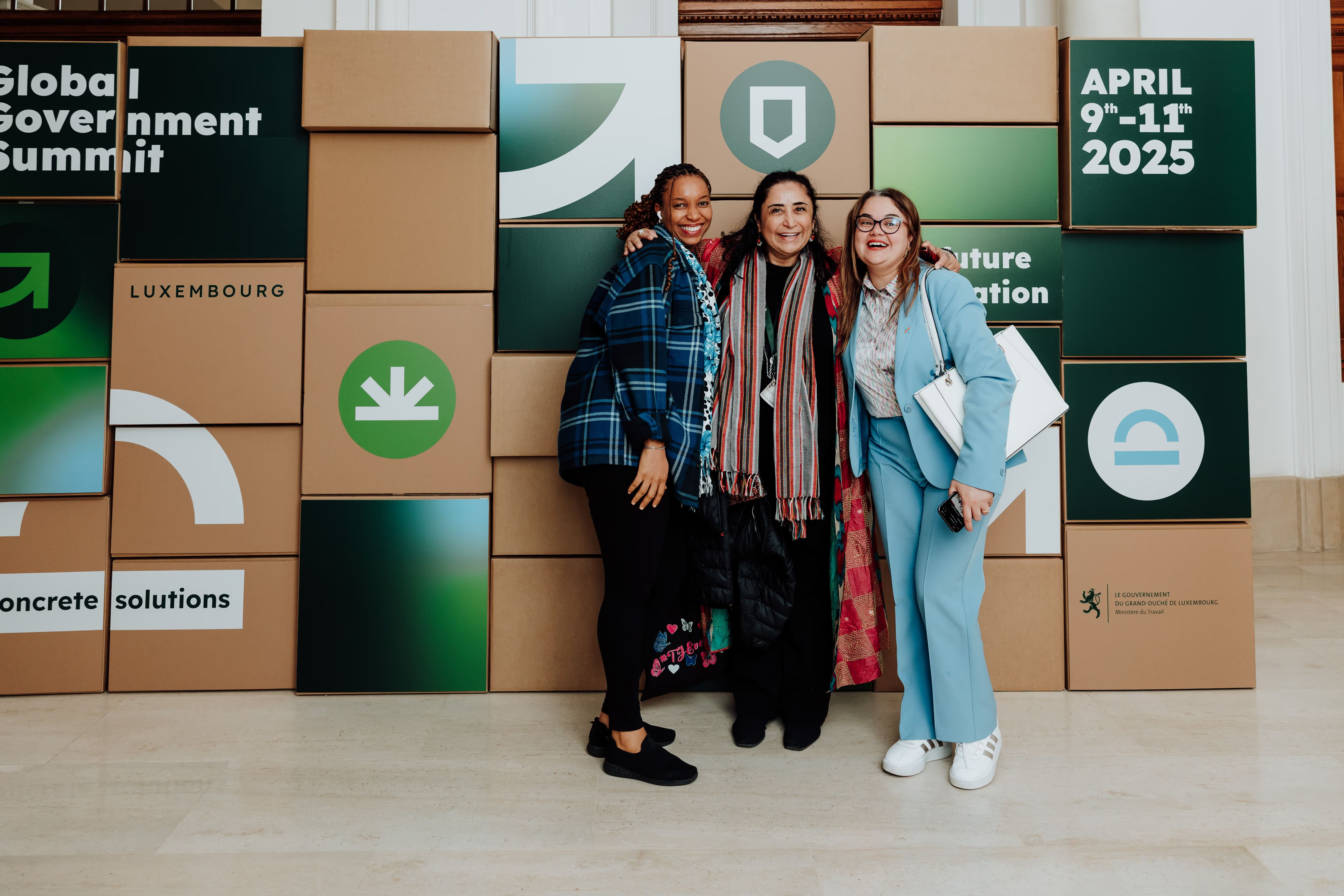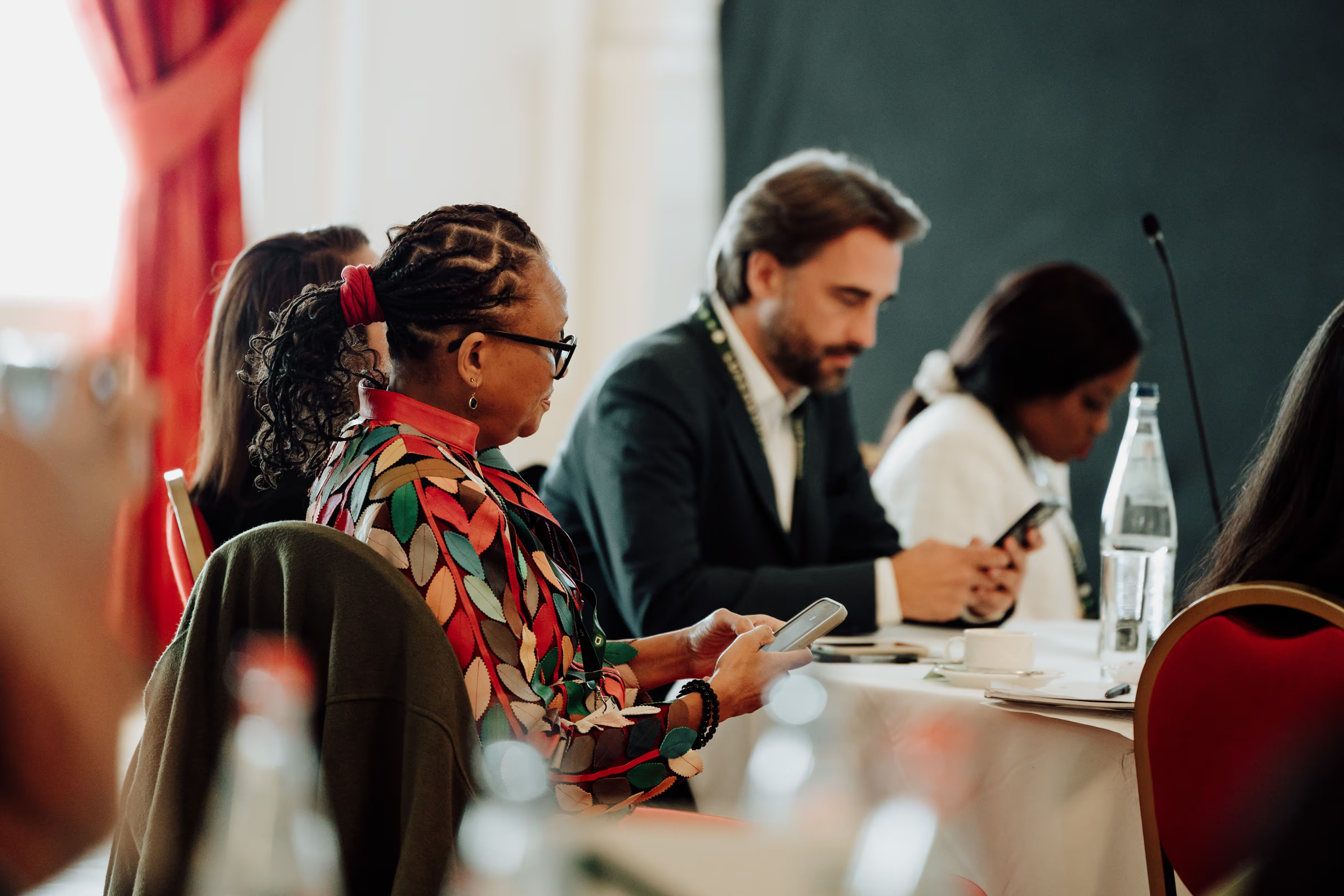The enablers of change are social entrepreneurs and innovators—individuals and organizations who serve as the bridge between communities and solutions. The One Family Foundation incubated
Catalyst Now (formerly Catalyst 2030) to create a strong, unified movement of social entrepreneurs. Over time, Catalyst Now has grown into a powerful, independent network that continues to drive social change globally. In 2025, it will formally transition out of One Family Foundation to operate independently.
Recognizing that the Global South's voice was insufficiently represented within Catalyst, One Family Foundation launched
Africa Forward. This initiative seeks to shift funding and decision-making power to African social innovators, empowering them to shape the solutions that directly impact their communities. Africa Forward also works to strengthen the social entrepreneurship ecosystem in Africa, creating jobs and fostering local innovation. Over the next year, Africa Forward will transition into an independent entity, similar to the path that Catalyst Now has taken.
Inspired by Africa Forward, other regional movements have gained momentum, each strengthening the voice of local entrepreneurs and social innovators in the global development conversation. These include:





.avif)
